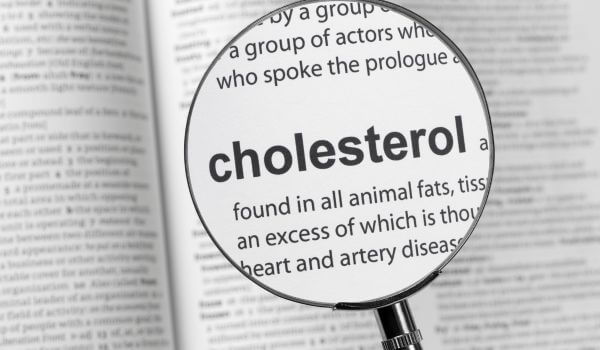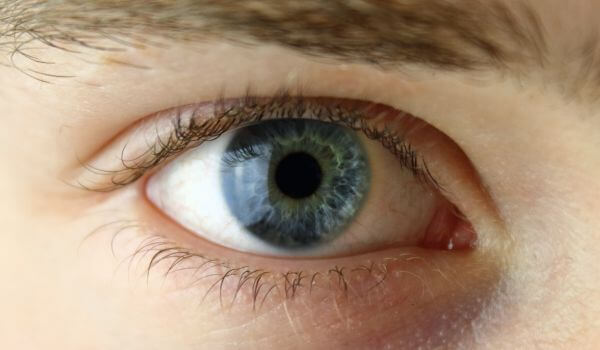
What Are the Main Features in Prevention and Treatment of Hyperlipidemia?
Hyperlipidemia, also known as high cholesterol, is a major risk factor for cardiovascular disease, including heart attack or stroke. This article explains how to prevent and manage high cholesterol through lifestyle choices and medical treatment. Prevention












